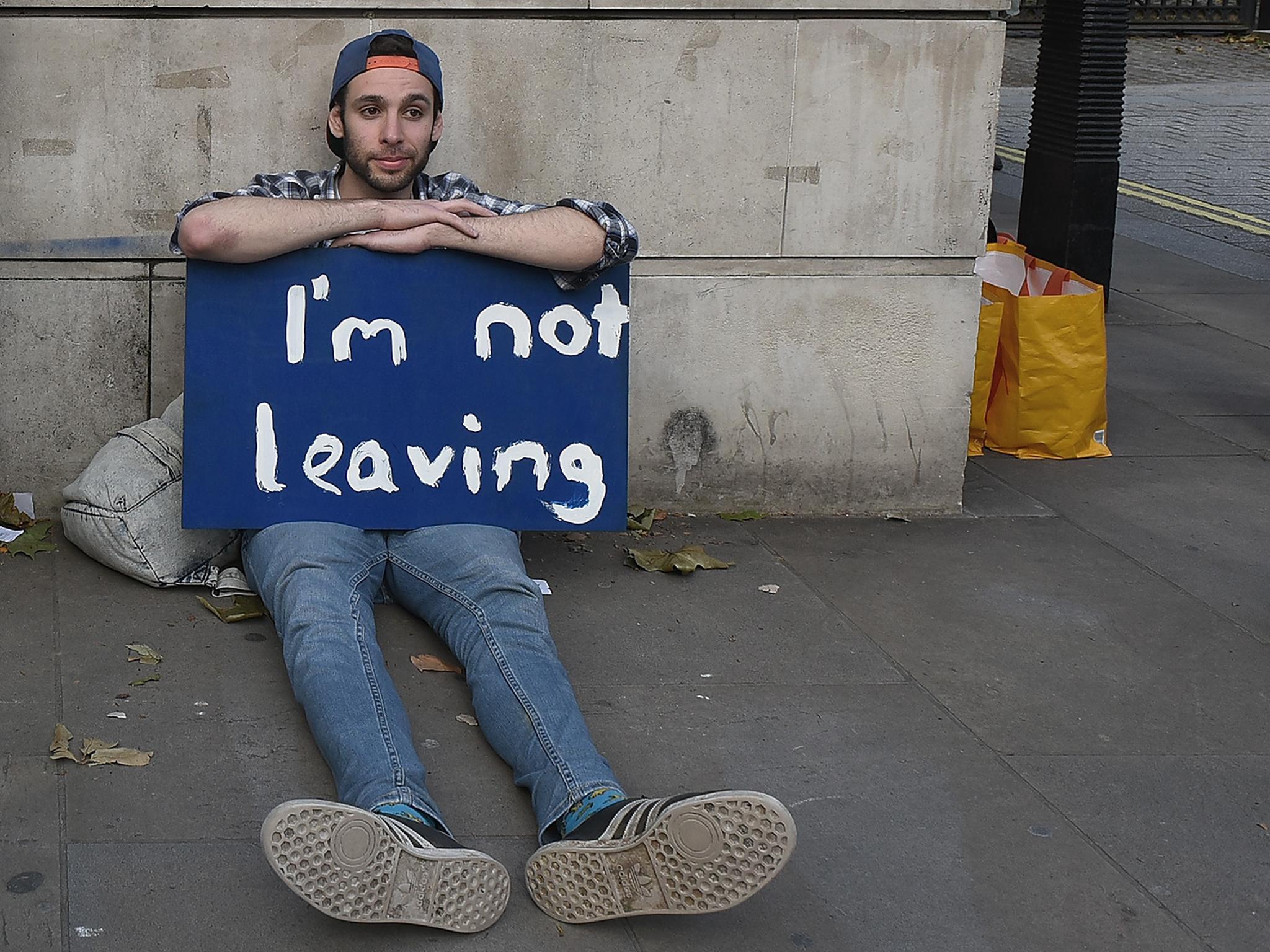The Brexit result has damaged the UK’s prospects, hindering the futures of young people and students
‘Immigrants were responsible, is what the nation was told. But, what about the globalised economy and Great Britain’s colonial history?’

We’re out. Gone. Finished. In 1992, Murdoch’s newspaper read: ‘It’s The Sun Wot Won It’. Last week, it was immigration. The irony.
Great Britain, once the world’s superpower; “Britannia rules the waves,” is what they said. A country which has historically benefited from the resources of other states. From the Caribbean to India, Britain enjoyed and - to put it bluntly - stole the wealth of other nations. Fast forward to the 21st century and the United Kingdom’s privileged, male, wealthy elite, are complaining about the same people who made this country what it is today.
Their selective memories have damaged this country’s prospects and, most importantly, have hindered the futures of young people and students. Nigel Farage described 23 June as “independence day”. He’s mistaken. On results day, the world witnessed the triumph of extreme right-wing ideologies. This is not independence.
The UK stock market was down, the pound went down, a power struggle between the Conservative government, and a bitter civil war within the Labour Party, all came as a result. Those suffering from economic instability, a lack of job opportunities and hope, were influenced into believing immigrants were responsible. Nevertheless, it is the next generation - young people and students - who will endure the implications of the Brexit result.
Universities throughout the UK have expressed their concerns. Higher education is a system where students of all races, ethnicities, religions, and social classes should intertwine, and the EU assisted this. It also assisted academic research which defined our societies, the versatile range of higher education teaching staff and, most importantly, it abetted universities to work in harmony throughout the continent with its primary aim to educate young people. What now?
British universities face uncertainty, in regards to student fees, research funding, and the hiring of employees. A spokesman for the University of Brighton, for instance, described how the result, and “the huge political and economic uncertainty it has produced,” will create significant challenges for all UK universities, both in terms of what it means for Brighton’s staff and students, and its ability to access vital EU research funds.
The demographic split among Remain and Leave voters is profound. Reports have said the areas with the highest anti-EU vote were also the areas with the largest pensioner population. Young people have been let down. Those who were supposed to safeguard their interests used their political power and emotionally charged, xenophobic rhetoric to win the vote.
The argument the economy will flourish is void. The idea immigrants were taking British jobs was a con, and the proposal of Britain governing itself for the greater good was a sham. Boris Johnson, Michael Gove, and Nigel Farage are not Great Britain’s saviours. Nor is Donald Trump. Nor even was the EU. But the current right-wing government needed a body to account to.
Students already have to deal with the rising costs associated with education, the steadily decreasing amount of graduate opportunities, the housing crisis and, now, what is set to be the most right-wing government since Margaret Thatcher’s. Sure, Farage - independence has been granted.
So, what’s next? Well, David Cameron will be stepping down in October and Article 50 of the Lisbon Treaty will be implemented. Britain’s exit from the EU will begin and there will be a new Conservative leader, possibly, even a general election.
Although 24 June was a day of sadness, there was some positivity. The turnout for the referendum was 72.2per cent, much greater than last year’s general election. Many young people throughout the nation engaged in politics for the first time, proving they are not politically apathetic, and London showcased its love for migration and diversity.
However, 75 per cent of those aged 18 to 24 did vote Remain, making these last few days bitter for those who engaged in politics for the first time.
Daniel Khalili-Tari is a second-year journalism student at the University of Westminster
Subscribe to Independent Premium to bookmark this article
Want to bookmark your favourite articles and stories to read or reference later? Start your Independent Premium subscription today.

Join our commenting forum
Join thought-provoking conversations, follow other Independent readers and see their replies